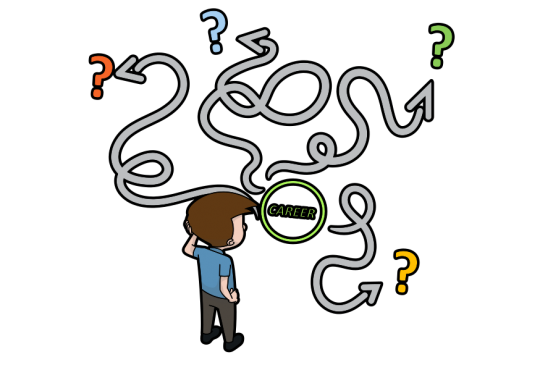By Grace Cook
This year of graduates marks the smallest class of English majors in recent memory; upper-division classes that would have had an average of 10-15 students last year are now experiencing numbers as low as four. Like other majors in the humanities, English majors are often asked, “What are you planning on doing with that?” This question reveals a loss of belief in the Humanities as a field of study.
In recent years the number of STEM (Science, Technology, Engineering, and Math) majors has been growing while the number of students pursuing Humanity degrees such as English, History, and Classics has decreased. This phenomenon does not only exist in four year universities though. Community colleges and high schools are shifting their focus to STEM subjects as well.
In Redmond, Wash., Tesla STEM high school is dedicated to focusing education on problem based learning and readying high school students for pursuing science and math degrees in college. At Clark Community College in Vancouver, Washington students are given the resources the pursue a two year degree in their chosen field, then transfer to a four year university to finish their education. In 2014 the community college broke ground on a new building dedicated entirely to STEM fields.
“The number of STEM jobs in Southwest Washington is projected to increase by more than 18,000 in the next seven years and Clark is poised to meet the educational needs to fill those jobs.” From the Clark College Foundation website.
The demand for graduates with STEM majors has only increased as technology increases to grow, and for many, a STEM major is a guaranteed job after finishing school. That doesn’t mean interest in the Humanities has decreased though.
“I’m a double major in Chemistry and English. I think science has a lot of applications, and I felt pressure from my parents,” sophomore Isabelle Anderson said.
The question regarding STEM vs Humanities is not whether or not one is better than the other, but instead why science and math majors are being favored over literature and political science majors. The answer can be boiled down to job prospects, and the fears surrounding them, but to say that career plans are the only reason for the dropping numbers simplifies the issue. Certainly fear is a motivating factor, but as Washington Post pointed out in 2013, the Humanities are viewed as luxuries since they are perceived to produce high paying careers. There are a lot of sources, such as Forbes and Newsweek, claiming Humanities degrees to be “pointless” or “useless.”
Both areas of study, Humanities and STEM, have incredible value to a growing society in need of people able to code and write novels, to teach physics and history. One should not be pushed out of the way in favor of the other.

